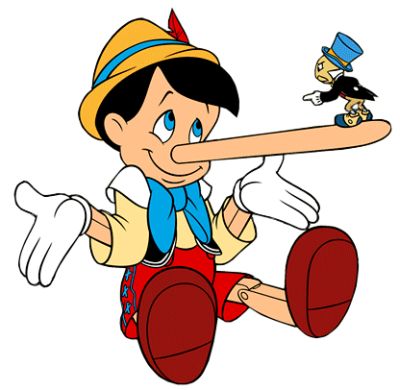I Lied
I Lied
Earlier today I tweeted a lie. I knew I was doing it, and went ahead and tweeted anyway. And I’m not ashamed of it.
Let’s set aside the question of why we feel outraged, disappointed, or betrayed when we catch someone – including, often, ourselves – in a lie.
Down To Brass Tacks
The tweet in question read:
Organisational therapy is about creating the ideal environment, conditions, workplaces for optimal knowledge work and cognitive function.
— Bob Marshall (@flowchainsensei) November 19, 2015
Where’s the lie? Where’s the harm?
The lie is twofold: in the phrase “ideal environment” and in the phrase “optimal knowledge work”. I’ll try to explain the potential harm as we go…
Lie One: Idealism
In psychotherapy, many therapists guard against holding up some ‘ideal” image of a “mentally healthy and well adjusted person” to their client.
“Clients would be better helped if they were encouraged to focus on their current subjective understanding rather than on some unconscious motive or someone else’s interpretation of the situation.”
In other words, striving for some imagined “ideal” often introduces incongruence, which carries its own pathogenic risks.
“Some clients may feel that their personal problems mean that they fall short of the ‘ideal’. They may need to feel reassured that they will be accepted for the person that they are and not face rejection or disapproval.”
I have observed a similar psychopathology at work in those organisations image, or that attempt to define, an “ideal state”.
Organisational Psychopathology
In a fully congruent organisation, realising its potential is not at the expense of experiencing positive regard. It is able to lead a life that is authentic and genuine. Incongruent organisations, in their pursuit of positive regard, lead lives that include falseness and not realising their potential. Conditions they impose on themselves make it necessary for such organisations to forgo their genuine, authentic lives to meet with approval. They operate from a place incongruent with their true nature.
The incongruent organisation, always on the defensive and closed to many experiences, finds itself ill at ease with its own self. It works hard at maintaining/protecting its self-concept. Because its way of being lacks authenticity, this work is difficult and such organisations can feel under constant threat. Distortion and denial arise to help in defending its self-concept. Distortion occurs when the organisation perceives a threat to its self-concept. The organisation distorts their perception until the (distorted) perception fits their self-concept.
Such defensive behaviour reduces the consciousness of the threat but not the threat itself. And so, as the threats mount, the work of protecting the self-concept becomes more difficult and the organisation becomes more defensive and rigid. If the incongruence is immoderate this process may lead the organisation to a state could be described as neurotic. Its functioning becomes impaired. If the situation worsens it is possible that the defenses cease to function altogether and the organisation becomes aware of its incongruence. Its manifest being may become disorganised and bizarre; irrational behavior, associated with earlier denied aspects of self, may erupt uncontrollably.
Lie Two: Optimality
Many organisations espouse optimality, yet few indeed have a theory-in-use congruent with this.
“Effectiveness results from developing congruence between Theory-in-use and Espoused theory.”
~ Chris Argyris
So, yes, speaking to “optimality” is speaking to – and congruent with – most organisations’ espoused theories. Thus it may receive more favourable attention than something that speaks to their (unseen) theories-in-use. But in truth, the therapist guards against the client’s espousal of optimality. From the clients theory-in-use perspective, “somewhat better” is likely much more realistic. A key aspect of therapy is providing the opportunity for the client to become aware of, and thereby, maybe, reduce its incongruence.
I suspect expressing the tweet in question in a way that connects with people and organisations might take some doing. Here’s the weaker(?) but more honest version:
Organisational therapy is about creating environments, conditions and workplaces that support more effective knowledge work and cognitive function.
– Bob
Further Reading
All Marketers Are Liars ~ Seth Godin


i would like to experiment more with the idea of continually learning, improving, and experimenting rather than some fixed state of “perfect” which lies somewhere in the distant future. if i had to sum up my own experience of therapy i would say “it’s a process” and the process is never finished but is an end in and of its own. put another way i think i have benefitted from therapy by learning HOW to learn not as much by WHAT i have learned.
Pingback: Overriding Law: A pattern that connects – Insights